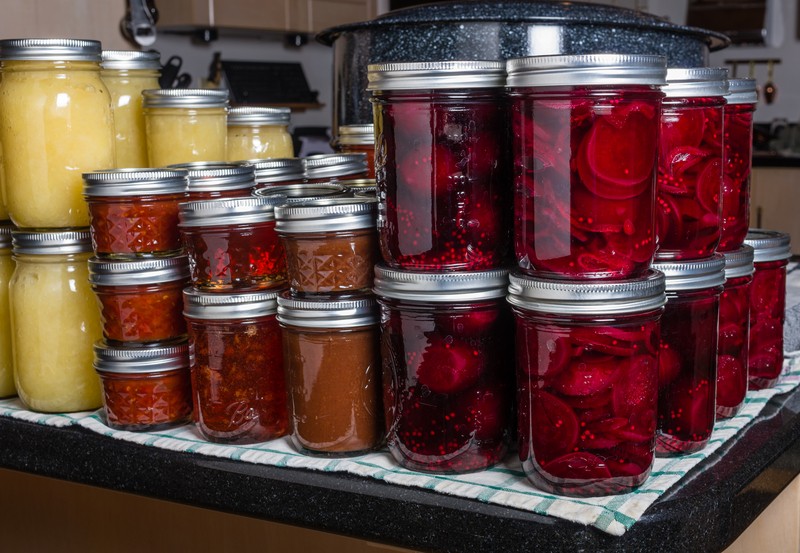Some of these may seem obvious but often what seems so simple is forgotten in lieu of an emergency or even practical thinking. Whether you are a beginner homesteader or seasoned please take a look:
How to Grow Your Own Food. Growing your own food is a great way to not only save money on groceries, but also know exactly where your food comes from. You can practice organic gardening and keep harmful chemicals off your food, and if you buy non-GMO heirloom seeds and have a decent harvest, you won’t have to buy seeds the following year — your harvest can continue to provide for your family for as long as the seeds are saved properly.
If you are living in your own home, not only can your garden help feed your family, but you can actually work the plants into your landscape and beautify your property.How to Tend Animals. You can learn to tend a variety of animals. Chickens can give you fresh eggs, cows and goats can give you fresh milk, sheep can give you wool for sewing, knitting and weaving — and in the long run, they can all give you meat. They are a good deal of work, so don’t think you can just get a half dozen of everything and be ok. Start slowly — 3 or 4 chickens would be a good start.
How to Store Water Long Term. If your house is on the city water supply, you can guarantee that you will have problems from time to time with the water system. If you are on well water, there is always a possibility of water contamination, or worse — pump failure (unless you are using one of these old school water pump rigs). If you live in a very cold climate, there is always the chance of frozen pipes.
If you have a little more room, you could get some storage shelf units to hold 5 gallon water bottles and store multiples in one place or different places around the house. You could also get some of these 7 gallon water jugs that are also stackable.
Just remember that the more water you can store and have ready at a moment’s notice, the better off you are in the event of an emergency. It also helps to know how to purify water, too.How to Use Basic Tools. I’m sure you’ll be needing to do some repairs around the house, building and mending fences, maybe even cutting down a tree or two. If you don’t know how to properly use the tools needed for these tasks, you can get hurt very badly – and quick!
How to Bake Bread. If you enjoy toast at breakfast, or a good tomato sandwich every now and again, you’re going to need bread. If you only get to town once a month for supplies, you’d either have to pick up enough bread for a month (and watch half of it mold), or learn to bake it yourself. To be honest, a fresh loaf of homemade bread tastes better than store-bought any day of the week. Plus, there’s the added bonus of making your whole house smell like a bakery! A good bread machine will make things easier!
How to Mend Clothing. Sewing is one of the most underrated skills a homesteader can have. People used to make all their own clothes. While we have easy ways to get clothing in today’s world, it’s great to know how to stitch-up a rip in your favorite gardening jeans, throw a patch on your fall jacket, and darn socks that get the heels worn out in them fast.
How to Light a Fire. Lighters and matches are great to have, but if you can’t find them or run out, you’re going to need to know how to light a fire “survivor style.”How to Live Without Technology. The internet and cell phones are great to have, but if you rely on them too much, you’ll lose yourself in your technology. Getting out on the homestead working, you won’t have as much time for all that technology, anyway. It may seem silly to call this a “skill,” but it truly is a skill to be able to get up in the morning and not rush to check your Facebook for new messages.
There are other things, of course, you should know. For example: Car repair and how to barter. If you would like to know more about homesteading, perhaps read up on more tips, please on over to Survival At Home. It is what you do not know or what you do not want to learn that can harm you when it comes to effective homesteading.
